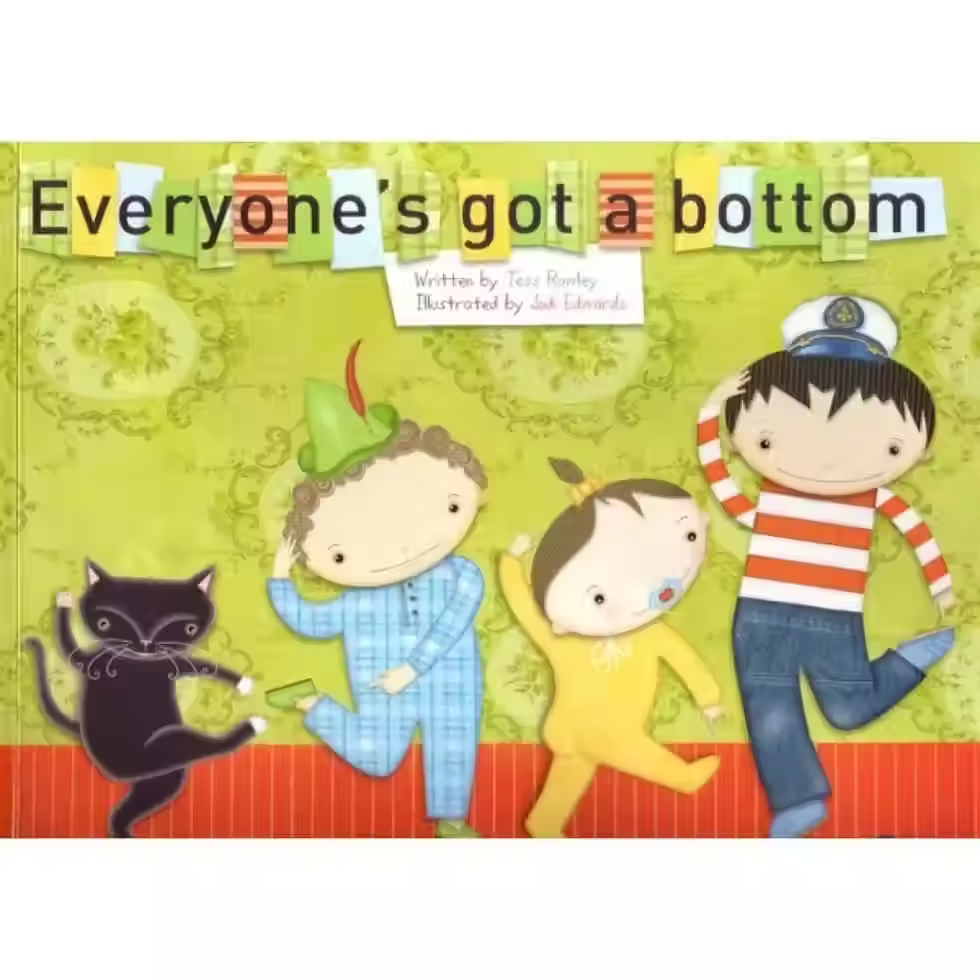Essential Conversations: Guiding Your Child in Personal Safety and Empowerment
- Jul 4, 2025
- 2 min read
Talking to your child about personal safety is essential but often overlooked. It’s an ongoing dialogue rather than a one-time conversation. Engaging your child regularly helps them feel more secure and empowered. Always remind them that you are there for support, and that keeping them safe is your number one priority.
Children need to learn the correct language for their private parts. For instance, using terms like "vagina" or "penis" can help them speak up if someone touches them inappropriately. Emphasizing that these parts are private and belong solely to them is crucial. This vocabulary lays the groundwork for understanding boundaries and personal safety.
Approach these discussions calmly and confidently. Your neutral tone can make your child feel safe when asking questions or voicing concerns. Avoid alarming them; instead, create a space where they can process information without feeling shame about their bodies or feelings.
The Three Rules of Personal Safety
When it comes to teaching personal safety, there are three key rules to instill in your child:
1. We All Have the Right to Feel Safe with People
This foundational principle teaches children they have the right to feel safe in any environment—be it home, school, or leisure activities. For instance, about 1 in 10 children experience abuse before turning 18, so reinforcing this idea is critical. Explain to your child that no one should make them feel unsafe or uncomfortable.
2. It’s OK to Say ‘NO’ if You Feel Unsafe or Unsure
Encourage your child to stand up for themselves. Teaching them to say "no" empowers them to assert their feelings. For example, if a friend pressures them to do something they don’t want to do, knowing they can say no gives them a sense of control. According to a study, children who learn to assert boundaries are less likely to become victims of abuse.
3. Nothing is So Yucky That You Can’t Tell Someone About It
Children often fear disclosing harmful experiences. This rule encourages open dialogue and teaches them to speak to a trusted adult about anything, no matter how scary it seems. Reinforce that their feelings are valid and deserve to be voiced.
Some great reources:






Comments